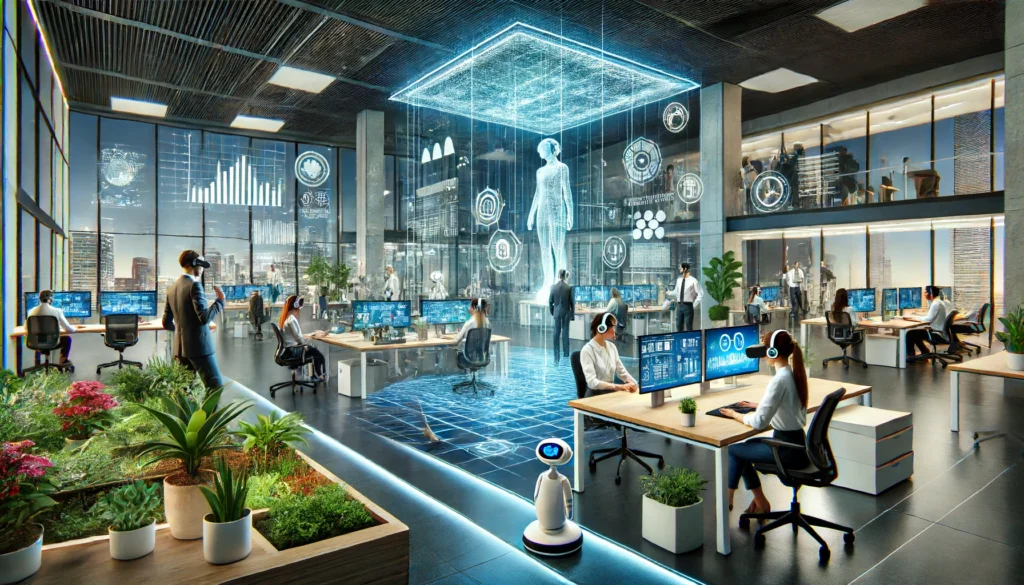At Vitr Tech, we are always exploring new methods for how businesses can use AI to enhance their operations. Anthropic, recently acquired by Amazon, has now integrated the usage of tools in its Claude 3 models. Claude 3 has proven superior performance in some benchmarks when compared to OpenAI’s ChatGPT. This new feature of Claude is now available in beta through the Anthropic Messages API. When it comes to AI for business, this is an important development in allowing AI to be harnessed for business operations.
What does this actually mean?
Tool use, or function calling, allows AI models like Claude 3 to extend their functionality by interacting with external tools. This means that Claude can not only process and respond to text but can also retrieve documents, access data from public APIs, manage schedules, and perform complex computations. Essentially, it enables the AI to act almost like a human assistant, but with the capability to process information at a vastly greater scale and speed.
Why is this important for business?
When it comes to AI for business, the ability to integrate with external tools opens up a plethora of possibilities. Some of this functionality already exists in other models, but this is an important step for Anthropic. Here are some of the most impactful ways tool use can harnessed for business operations:
Enhanced Decision-Making
With tool use, AI can provide businesses with real-time data analysis, pulling information from various internal and external sources. This ability means that decision-makers can receive up-to-the-minute insights, which is crucial in dynamic markets or when dealing with fast-moving inventory and customer demands.
Improved Efficiency
When connected to the right tools, Claude can orchestrate a series of smaller tasks autonomously. For example, it can check the availability of multiple team members to find the best time for a meeting or manage email correspondence and scheduling. These tasks, while seemingly simple, can consume a significant amount of time when performed by humans, thus freeing up staff to focus on more strategic activities.
Customisable Client Interactions
Businesses can build custom service agents using Claude’s tool use capability. These agents can assist with tasks like managing purchase histories, processing reorders, or even generating executive reports by chaining a series of API calls. This level of customisation allows businesses to provide a personalized experience to each customer, enhancing satisfaction and loyalty.
Real-world Applications and Future Prospects
In dealing with AI for business, the practical applications of Claude 3’s tool use are vast and varied. Here are a few scenarios where businesses can leverage this technology:
– Retail and E-commerce: AI-driven agents can manage inventory, predict trends based on real-time data, and interact with customers for personalized shopping experiences.
– Case management: AI can access and analyse case data, assist in diagnostic processes, and manage administrative tasks, thereby improving case management and operational efficiency.
– Finance: Claude can assist in analysing large volumes of financial data for investment insights, risk assessment, and customer service management.
Looking towards the future, as tool use capability expands to platforms like Bedrock, businesses will find even more robust and scalable options for integrating AI into their operations. This expansion will further enhance the ability of AI to handle complex, multifaceted tasks across different sectors.
How Can Businesses Start Building with Claude 3?
At this stage, this feature is only available in beta testing. And you will need some knowledge of Python or access to developers to effectively harness these capabilities. Anthropic encourages developers and businesses to start experimenting with tool use. By exploring the developer documentation, engaging with demo videos, and utilising the provided cookbooks, businesses can begin to integrate and tailor these advanced AI capabilities to meet their specific needs.
Conclusion
The introduction of tool use in Claude 3 is an important step in how this model can be utilised in business contexts. By enabling more complex, real-time interactions and tasks, Claude 3 can become an important AI for business tool, leveraging he full potential of AI to drive growth, improve efficiency, and offer deeper insights into your company. As this technology continues to evolve, the horizon looks promising for those ready to embrace the future of AI in business.
If you would like a free digital transformation audit, where we analyse your business requirements and suggest the most impactful changes, book in here. Its obligation free and can provide insights into how you can harness these innovative technologies to outcompete in your market.




